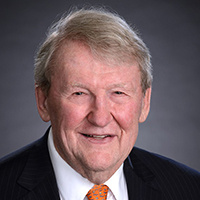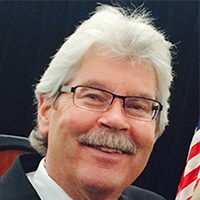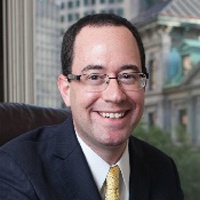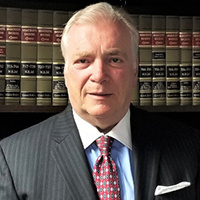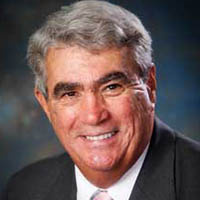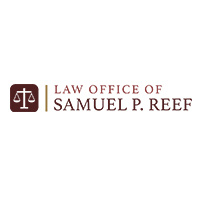Quincy Criminal Lawyer, Massachusetts
Sponsored Law Firm
-
 x
x

Click For More Info:
-
Adam P. Beck, M.D., Esq.
25 Marston St Suite 303 Lawrence, MA 01841» view mapAccident & Injury Law Legal Expertise You Can Rely On
By working with lawyers who are also doctors, clients can benefit from advocates who have a deeper understanding of their physical injuries, medical needs, and prognoses.
800-383-8491
Arthur P. Murphy
✓ VERIFIEDMr. Murphy’s legal career emphasizes management labor, corporate, and litigation matters. Selected in the publication of Best Lawyers in America, Mr... (more)
J. Christopher Amrhein
✓ VERIFIEDAttorney J. Christopher Amrhein, a Top 100 Trial Lawyer, has been providing Massachusetts and the New England area with the highest quality legal repr... (more)
Joseph Simons
✓ VERIFIEDI help people in all walks of life, from doctors to CEOs to blue-collar workers. Whoever you are, if you're facing criminal charges, everything else ... (more)
Christopher E. Sawin
✓ VERIFIEDChristopher E. Sawin is Founder and Principle Attorney of Sawin Law, P.C., where he concentrates his practice in family law, probate, estate planning,... (more)
Francis T. O'Brien, Jr.
Francis T. O’Brien, Jr. is the founder of O'Brien Law Boston, a criminal law specialty firm. Formerly of counsel/director of criminal practice grou... (more)
Christian T. Baillet
✓ VERIFIEDChristian T. Baillet is a practicing lawyer in the state of Massachusetts handling criminal defense matters.
Robert N. Launie
✓ VERIFIEDAttorney Robert N. Launie graduated from Boston College High School in 1974 and Boston College in 1978. After working in-house for a large union mason... (more)
William J. Gillespie
✓ VERIFIEDIf you or someone you know needs legal expertise in these areas, you want Attorney William J. Gillespie working for you. He has been in practice since... (more)
Samuel P. Reef
✓ VERIFIEDSamuel Reef is a practicing lawyer in the state of Massachusetts. He received his J.D. from Suffolk University Law School in 1994. He currently works ... (more)
Jeffrey M. Sankey
FREE CONSULTATION
CONTACT Adam Beck Lawrence, MA
Adam Beck Lawrence, MA AboutAdam P. Beck, M.D., Esq.
AboutAdam P. Beck, M.D., Esq. Practice AreasExpertise
Practice AreasExpertise